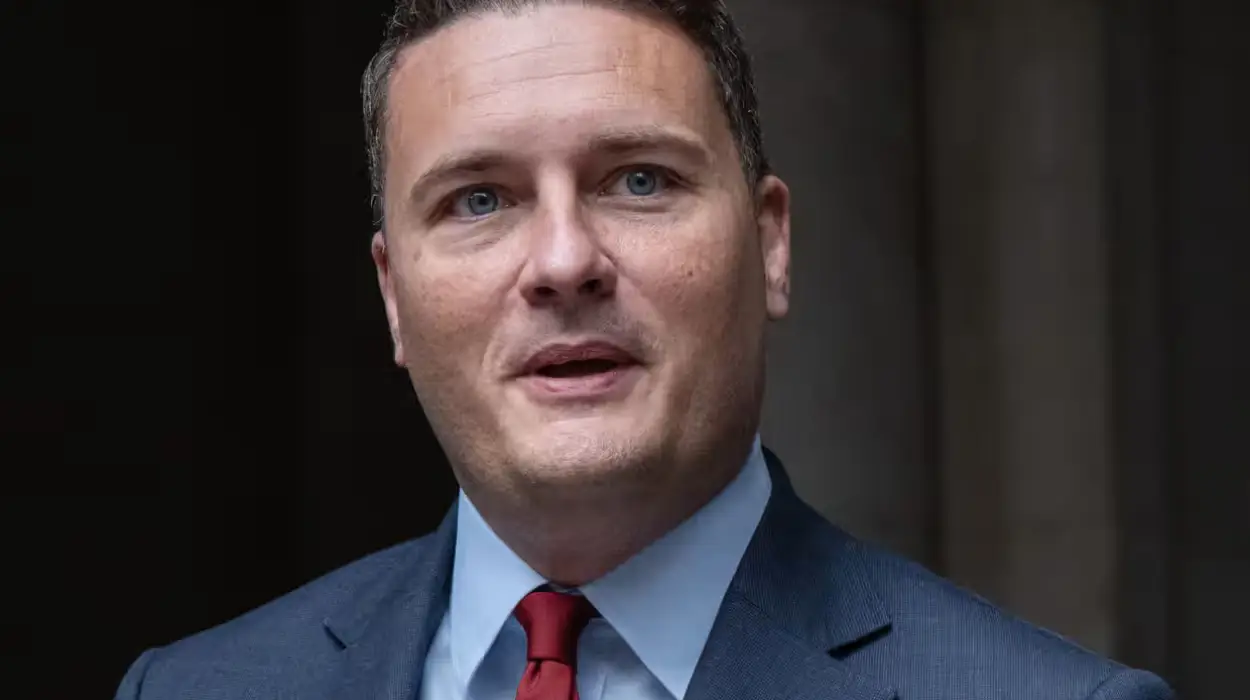UK (Parliament Politics Magazine) – UK government grants £2.2bn to NHS in deprived areas to tackle care gaps and improve health outcomes, focusing on coastal and poorer communities.
As reported by The Guardian, England’s poorest regions will receive billions in NHS funding under new plans to tackle major health gaps and unequal care access.
The NHS will allocate £2.2bn this year to improve staffing and resources, addressing long-standing funding disparities.
What is Wes Streeting expected to say about NHS care inequality?
Health Secretary Wes Streeting will announce the move on Wednesday, calling it a major step toward equal health standards nationwide.
In his Blackpool speech, he will highlight how the areas most in need suffer from staff shortages, the longest waits, and the worst NHS services, a reality known as the “inverse care law.”
Mr Streeting will present the £2.2bn as an initial investment in a broader plan to reallocate NHS funds to the most needy areas.
He will say,
“The truth is, those in greatest need often receive the worst quality healthcare. It flies in the face of the values the NHS was founded on. The circumstances of your birth shouldn’t determine your worth.”
Funds worth £2.2bn, once intended to reduce deficits across 215 NHS trusts, have been reassigned after trusts were told to balance their budgets.
The health secretary has ordered a reassessment of the Carr-Hill formula used to allocate GP resources. An advisory committee will explore ways to ensure sicker areas receive more funding.
What did the Nuffield Trust say about the Carr-Hill formula?
The Nuffield Trust slammed the formula as “inequitable” and “deeply flawed,” saying it fails to reflect deprivation levels in areas served by GPs.
The review will mark the fourth attempt to revise the formula since its introduction in 2004, with no major reform so far, the Trust pointed out.
What did Dr Becks Fisher say about the government’s NHS funding plan?
Dr Becks Fisher, a GP and director of research and policy at the Nuffield Trust think tank, warned that
“the government plans to pay for these changes by making savings in other parts of the NHS, but there is no guarantee this will be successful.”
What did Louise Gittins say about the economic cost of health inequalities?
Louise Gittins, the head of the Local Government Association, stated,
“Health inequalities are estimated to cost the NHS an extra £4.8bn a year, society around £31bn in lost productivity, and between £20bn and £32bn a year in lost tax revenue and benefit payments. Health is therefore a major determinant of economic performance and prosperity.”
What did Prof Kate Pickett say about health inequalities and NHS spending?
Prof Kate Pickett, a health inequalities expert, warned that recent years have seen declining health, growing disparities, and a larger north-south gap emerging.
She said,
“We have repeatedly called for the government to target spending to the places that are most in need. So Wes Streeting’s drive to increase health spending in the most deprived places is very welcome.”
Ms Pickett also urged the government to scrap welfare cuts and open a public discussion on introducing basic income to improve health in poor communities.
What did Wes Streeting say about the maternity services inquiry?
Earlier this week, speaking at RCOG’s conference, Wes Streeting revealed a swift inquiry into the country’s poorest maternity care and the broader system overall.
He said,
“There are some variables that we are still working out with families in terms of what the team looks like, what the terms of reference are and how it will work.”
Mr Streeting added,
“I suspect it will be somewhat less than the enormous costs we pay in clinical negligence claims. Probably the most shocking statistic in this area is that we are paying out more in clinical negligence for maternity failures than we are spending on maternity services.”


